I am fortunate. I owe thanks to
My father, Alex Sandor Friedman, and my mother, Reva Axelrod Friedman, who first taught me the Torah, by word and example.
My rabbi, Mayer Abramowitz, who sat with me, teaching me the Torah with commentaries, every Sabbath afternoon, year after year, as I grew up. His skill as a teacher, his feeling for the text, and his generosity with his time and attention were an unrepayable gift. When I was still a young boy, I told him that I wanted to write a commentary on the To-rah when I grew up. Here it is. I hope that he will be pleased with what he has produced.
Professor Yohanan Muffs, my extraordinary teacher at the Jewish Theological Seminary, who brought me back to understand as an adult the greatness of the Tanak that I had felt as a child.
Professor G. Ernest Wright and especially Professor Frank Moore Cross, my incomparable teachers at Harvard, who showed me that the Hebrew Bible was both the treasure of the Jews and a source of blessing to all the families of the earth.
Professor David Noel Freedman, my senior colleague, friend, and teacher, who read every word of the commentary and translation and, with his well-known generosity, criticized and enriched it, from the tiniest point of punctuation to the largest concept. His  esed is present between the lines of every page of this book.
esed is present between the lines of every page of this book.
Professor William Henry Propp, my colleague, the worlds most learned person on the book of Exodus, who read my own commentary on and translation of Exodus, and saved me from a number of errors, improved the work in many ways, and encouraged me.
Professor David Goodblatt and Professor Thomas Levy, my colleagues who come from other, related fields of expertise, but who contribute with a gracious spirit to those of us with whom they work.
My friend Irv Kass and my student Miriam Sherman, who also read and improved the work.
The superb community of biblical scholars in Jerusalem, where I spent a year working on the commentary. I was shown particular hospitality, kindness, and ex-change of learning by Shalom Paul, Menahem Haran, Moshe Weinfeld, Avi Hurvitz, Israel Knohl, Alex Rof, Immanuel Tov, Edward Greenstein, and especially Moshe Green-berg.
Elaine Markson, my literary agent who does not just sell books and represent authors, but who loves books and is beloved by the authors she represents.
Randy Linda Sturman, my wife, my partner, my basherta.
R ICHARD E LLIOTT F RIEDMAN
I have come to realize that a book should list and acknowledge the persons at the publishing house and its associates who produce the work. This book had the fortune to be placed in the hands of persons at HarperSanFrancisco, a division of HarperCollins, who have a combination of professionalism and personal, human qualities that make the inevitably complex process of publication a positive one. Stephen Hanselman, the President of Harper-SanFrancisco, gave this book his personal attention. And it benefited from the skills of Mark Chimsky, Douglas Abrams, Terri Leonard, Renee Sedliar, Roger Freet, John Kohlenberger, Ann Moru, and June Gunden.
T he first book to be printed on the printing press in Hebrew was not the Bible. It was the Torah with the commentary of Rashi. Why? Because the Torah is not to be read. It is to be studied. And at various times during ones studies, one needs a teacher. Studying the Torah with Rashis commentary is a joy because he shows one what questions one can ask of a text. Look here! Is this a contradiction? Look here! This can have two opposite meanings. Which is right? Why does the Torah not tell us this piece of information that we need to understand the text? Why does it give us this fact that seems to be of no significance at first glance?
Rashi wrote his commentary nine hundred years ago. Commentaries for laypersons in recent times have changed. They have been written as introductory notes to help explain the text. They often collect comments from scholars of the past and from current biblical scholars. This is different from what Commentary meant classically. The purpose of Rashis commentary and of Ibn Ezras and Rambans was to show the readers new things in the text, problems that they had not seen, or to address old problems that had not been solvedand then to offer the commentators solutions to those problems. In this commentary, I mean to return to the classical purpose. I shall have some basic explanatory comments to be helpful to the new student, but, above all, I mean to make new contributions to the understanding of the Torah. I mean to try to offer explanations for old problems and to address new ones. I aim to shed new light on the Torah and, more important, to open windows through which it sheds its light on us.
The idea is to address the kinds of things that we treat in academic scholarship but in a manner that is accessible and interesting to laypersons as well. I still cling to the belief that has governed my last several books: that serious biblical scholarship is not over the heads of nonscholars. It is possible to discuss our findings in a way that intelligent people understandand that shows them how interesting and valuable this learning is.
In this purpose, my fellow biblical scholars and I have new sources that were not available to the great medieval commentators. Through the archaeological revolution of the last two centuries, we have new knowledge of the biblical world, both of Israel and its neighbors. We know the languages that they spoke and wrote in addition to Hebrew and Aramaic: Akkadian, Canaanite (Ugaritic, Phoenician, Moabite), Egyptian, and Sumerian. We have hundreds of sites and tens of thousands of ancient texts. We have manuscripts of the Torah and of the entire Hebrew Bible, the Tanak, from Qumran (the Dead Sea Scrolls) that are a thousand years older than those that Rashi had. We have the use of the Greek version (the Septuagint), which, together with the Qumran texts (and Samaritan and Aramaic and Latin texts), gives us a more precise knowledge of the original text. And we have the great commentators themselves. Their thinking and their conclusions are our starting point, already at our fingertips, enabling us to learn from them and then to go farther. And we have the work of great scholars of more recent times as well.
There has developed a kind of Rashi fundamentalism in recent years. Especially in orthodox communities, it is practically heresy to question whether Rashi was ever wrong. I think that Rashi himself might have been disappointed that it would come to that. The commentators who immediately followed himIbn Ezra and Ramban and Rashis grandson Rashbamknew better. They expressed respect for Rashi, but they disagreed with and offered alternatives to his comments. Rashis commentary served for nearly a millennium. There is still much that is useful in it, and it can be valuable for millennia to come. But we also need new commentary for the coming generations, in the light of a world of new knowledge and new questions and new needs.
What Rashi and the other commentators taught us to do was to look at a text critically. They were teaching us to do philology: the art of reading well. Reading with care. Thinking about what the words mean. It is thus ironic that some people have become Rashi fundamentalists. They have learned not to read the Torah critically but to parrot the critical reading of Rashi. And they do not read Rashi critically. Although Ibn Ezra and Ramban questioned Rashi and pointed out where they thought he was wrong, more recent generations of teachers have lost faith in their own knowledge and judgment, and so they risk failing to relate the Torah to the lives of their people. But something has happened in the present generation. There have been great scholars, and they have acquired new sources of information: archaeology, knowledge of the ancient Near East, literary sensitivity, and knowledge of the social sciences. And so it is time for new commentariesnot to replace the classical commentators, but to join them.

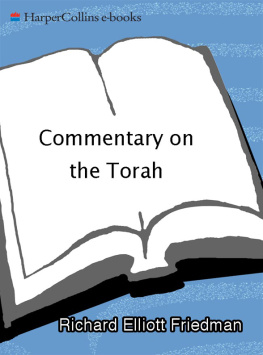

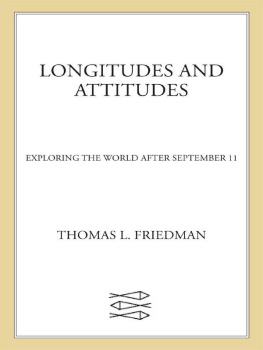
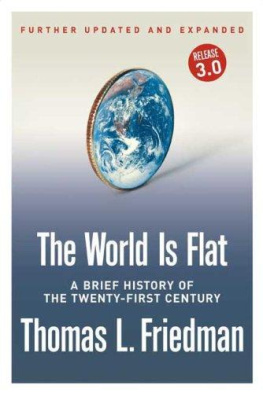
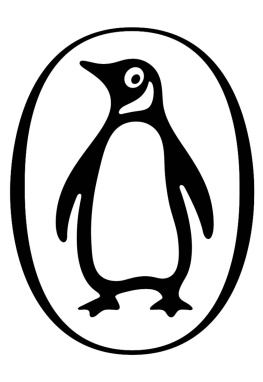
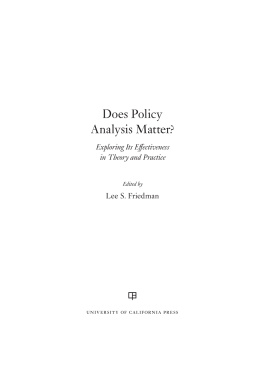
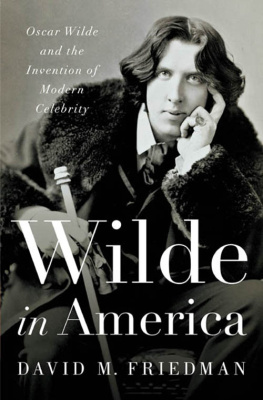

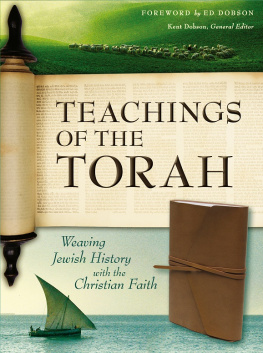
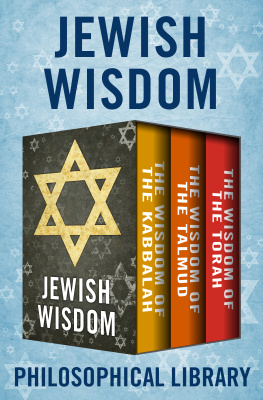
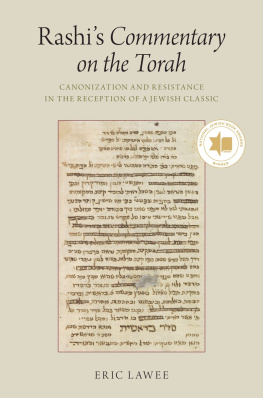
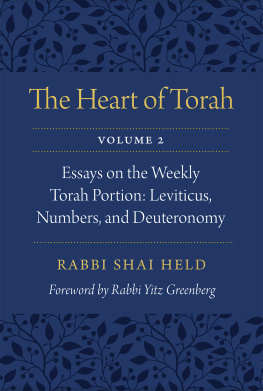
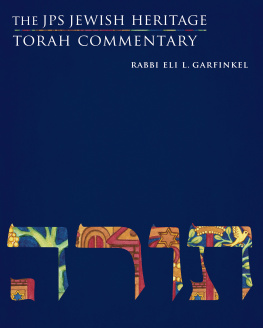
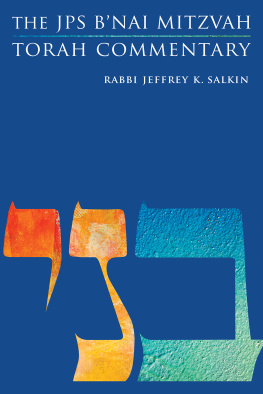
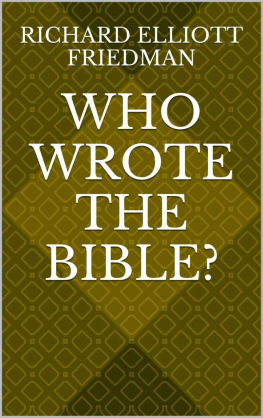
 esed is present between the lines of every page of this book.
esed is present between the lines of every page of this book.